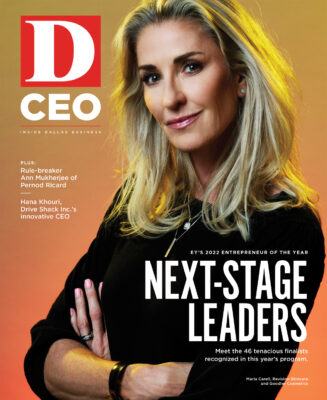It’s no secret that job seekers hold the upper hand in the labor market. Companies that don’t adjust their recruiting and retention strategies accordingly will be left behind. Robin Pinkley, an organizational behavior guru at SMU and founder of the M2M Center for Profitable Negotiation, says workers want their employers to feel like a club they want to join. Here, she shares 10 strategies for how employers can best compete.
- Be clear about who you are trying to attract and why. You don’t want to just fill seats—you want to bring in the right talent.
- Make sure your image aligns with your hiring goals. If you’re targeting younger talent, for example, don’t have a website filled with photos of middle-aged people. Young people are savvy about digging up information on prospective employers, and everything you show them, they believe.
- Younger employees are especially influenced by social media and all the successes they see on it. They anchor on the dream. Make sure your outward image, while always realistic, represents an appealing club they’d like to join.
- Figure out how to connect with your employee targets. It doesn’t do any good to spend time crafting your message if you don’t reach the people you want to reach.
- Older generations lived to work; Gen Z and younger millennials work to live. They want their careers to fit into the lives they want and believe they deserve; they are not willing to put off living until they retire. Make sure your hiring strategies and compensation packages reflect this generational shift.
- Don’t assume you know what employees want. One of my clients kept throwing bonuses and higher pay at its salespeople, but it didn’t work. In talking with employees, we found that what they really wanted was more time off.
- Similarly, lose the rigidity in compensation packages; ask people what they care about, and structure plans accordingly. Salary will be most important to some; others will be more interested in flexible hours. Rethink everything and build a menu of options.
- Most hiring managers don’t do enough research to learn what the external market is offering. Be assured: savvy candidates do.
- Bonuses influence many young candidates; immediate money means a lot to them. Consider offering a bonus in exchange for a lower salary.
- Employees truly care about culture and liking the people with whom they work. Get rid of any bad apples, even if they’re contributing in some ways. It’s amazing how one person can screw everything up.
Author

Christine Perez
View Profile Christine is the editor of D CEO magazine and its online platforms. She’s a national award-winning business journalist who has…







